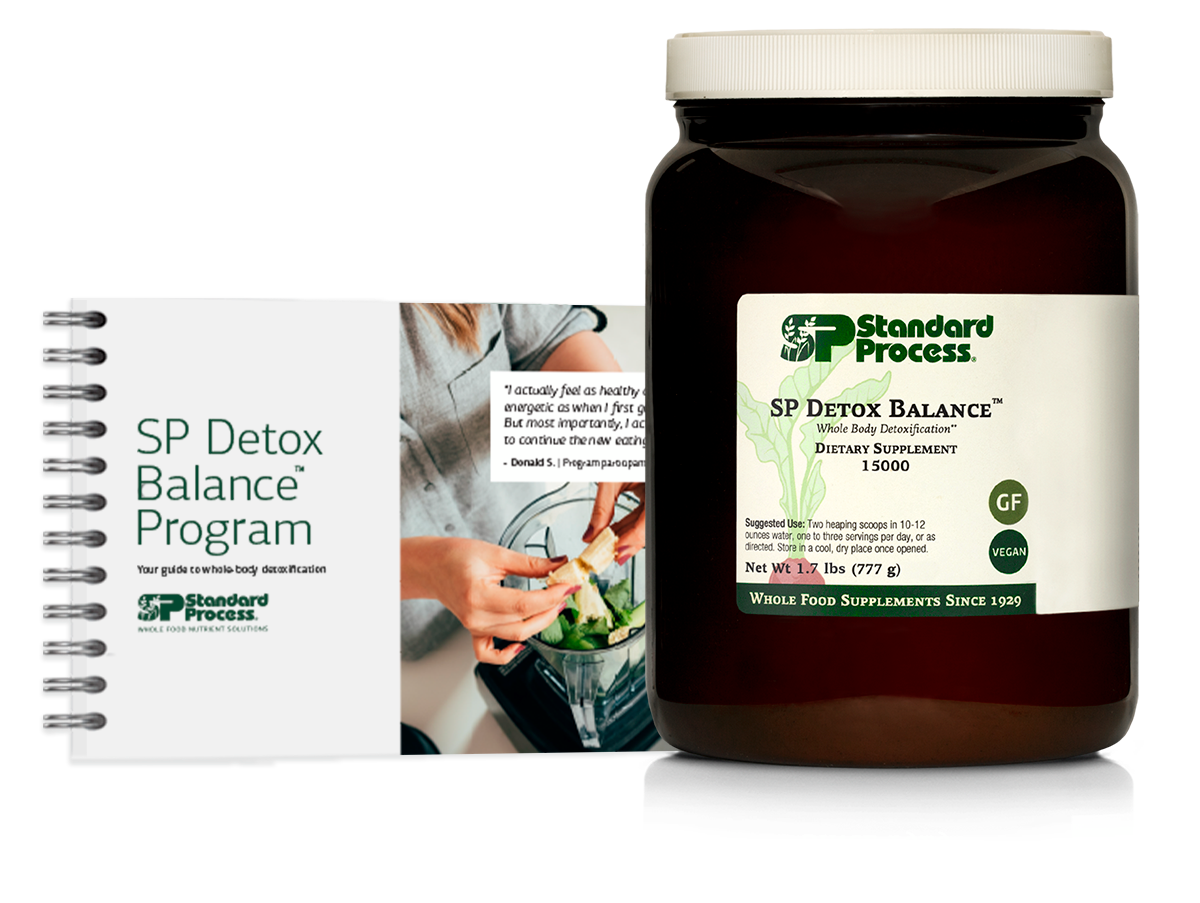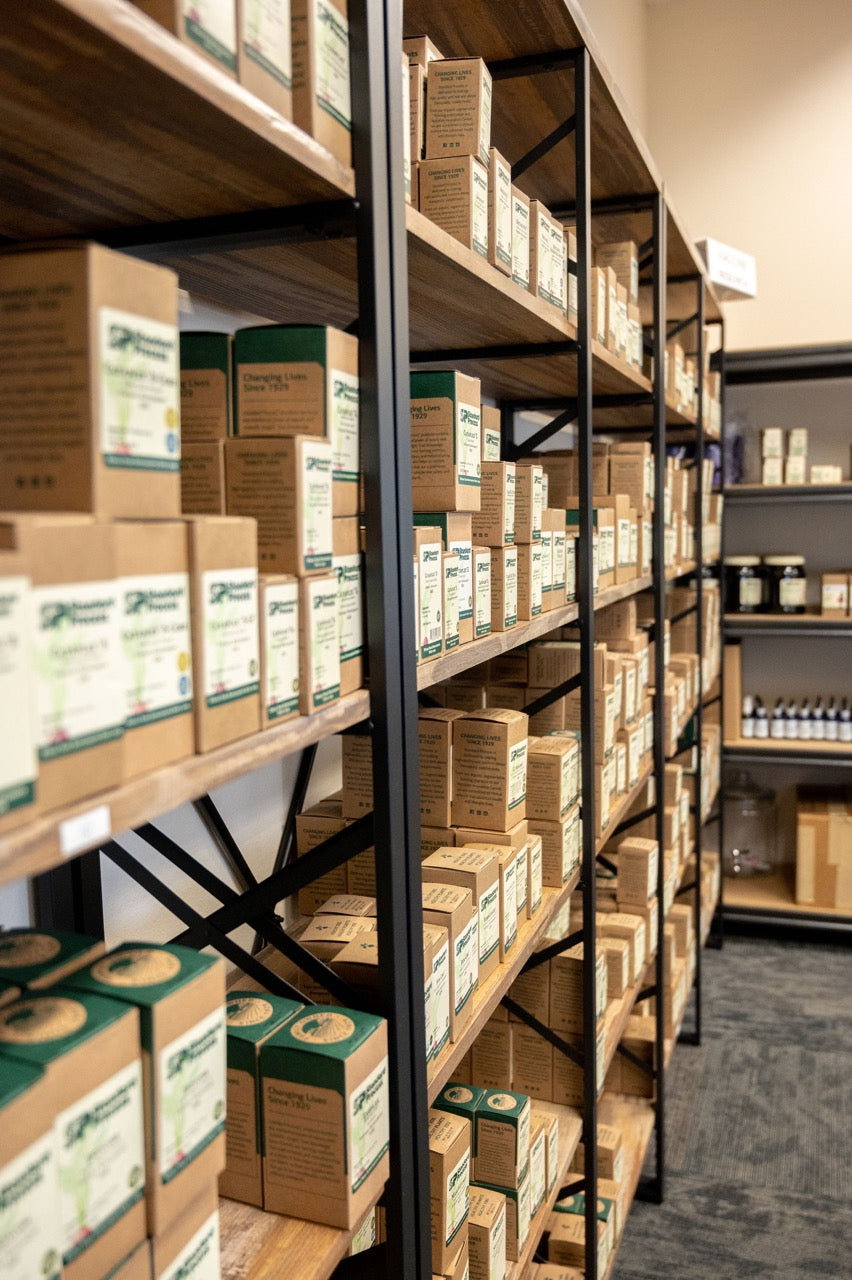Using Echinacea During Pregnancy: Safety, Benefits, and Prenatal Care
Echinacea, a well-known herb, is often viewed with uncertainty during pregnancy. Research has suggested that its use in early pregnancy does not increase the risk of major birth defects. However, knowledge regarding the herb is far from complete, and its safety during this pivotal time remains within the shadow of doubt due to a lack of comprehensive human studies.
Until more research is conducted, pregnant women should tread lightly, keeping moderation as their guide when it comes to consuming this herb or any other. Remember, professional advice plays a crucial role in maintaining health during pregnancy.
While there is some debate, current evidence suggests that oral consumption of echinacea in recommended doses is generally considered safe during pregnancy. However, as with any herbal supplement, pregnant individuals should always consult with their healthcare provider before using echinacea to ensure it is appropriate for their individual circumstances.

Current Research and Evidence on Echinacea
In the world of medicine, nothing remains static. Ongoing research ensures that medical practices are continually evaluated for their efficacy and safety. Recent studies on echinacea and pregnancy offer some promising insights into its safety. However, the findings are not definitive, leaving much to be understood.
A prospective cohort study revealed that consuming echinacea orally during the first trimester did not heighten the risk for major malformations. This is an encouraging indication that echinacea may not pose significant risks to the baby's development in early pregnancy. Nonetheless, the lack of high-quality human studies precludes us from conclusively establishing its safety.
The results from various studies have been inconsistent, making it challenging to draw concrete conclusions about the safety of echinacea during pregnancy. While some studies show no increased risk of malformations, others advise caution due to insufficient comprehensive research. The variability in outcomes underscores the necessity for further investigation and more extensive trials before arriving at a consensus.
It's vital to recognize that individual cases and responses can vary. What might be suitable for one person may not be so for another. Therefore, consulting with a healthcare provider or obstetrician experienced in herbal remedies is crucial for pregnant individuals considering integrating echinacea into their prenatal care routine.
Pregnancy is a particularly pivotal period in a person's life, and informed decisions about healthcare practices can profoundly impact maternal and fetal health. Balancing the potential benefits of echinacea against any associated risks becomes critical, especially when reliable evidence remains uncertain.
Given these considerations, let's explore how these research findings can guide prenatal care decisions and the safe use of echinacea during pregnancy.
Mediherb's professional line of products includes Echinacea Premium with whole root extracts of E. Purpurea & E. Angustifolia in a patented alkylamide formula.
Echinacea root has a strong, earthy or floral taste. Its medicinal compounds often tingle on the tongue and in the throat. The tingling effect comes from alkylamides. You'll get the same effect if you were to suck on an Echinacea Premium Tablet.
This product has been evaluated for safety and efficacy in clinical trials and have been shown to be well tolerated by most users, with little or no side effects reported. People with allergies to the daisy plant family should refrain from using this product.
Impacts of Echinacea on Expectant Mothers
Pregnancy is a delicate phase in a woman's life where every decision can have a significant impact on her health and that of her developing baby. With the lack of comprehensive findings regarding the safety of echinacea during pregnancy, it's essential for expectant mothers to approach its use with caution.
Echinacea products are popular phytomedicines in North America, especially for upper respiratory tract ailments. However, regarding pregnancy, the potential effects of echinacea on the developing fetus raise concerns. As many pregnancies are unplanned, there is a possibility that women might inadvertently use echinacea in their first trimester, unaware of its potential implications. This emphasizes the necessity for thorough research and clear guidelines on the use of echinacea during pregnancy.
It's important to mention that even though there is a lack of concrete evidence regarding the safety of echinacea during pregnancy, the first prospective study on this topic suggests that gestational use of echinacea during organogenesis does not increase the risk of major malformations. The study group comprised 206 women who used echinacea products during pregnancy, and there were no statistical differences between this group and the control group for any analyzed pregnancy outcomes. These initial findings shed light on the need for further investigation into the safe usage of herbal products like echinacea during pregnancy.
As we explore these findings, it becomes evident that while moderate use of echinacea may not pose significant risks, overconsumption of any herb during pregnancy should be avoided unless recommended and closely monitored by a healthcare professional. Since pregnant women are often careful about what they consume due to its potential impact on their unborn child, it's essential for them to prioritize open discussions with their obstetricians or midwives regarding any herbal remedies they intend to incorporate into their prenatal care regimen.
Given the complexities involved in understanding how echinacea may affect expectant mothers and their babies, it's crucial for pregnant women to stay well-informed and rely on expert medical advice when considering the use of echinacea during pregnancy.
In navigating the maze of prenatal care decisions, being equipped with comprehensive knowledge and guidance can serve as the compass. Now, let's delve into understanding the multifaceted landscape of risk factors associated with pregnancy.

What to Know About Risk Factors
While many individuals find relief in using Echinacea, especially during cold and flu season, it's essential to carefully consider its use during pregnancy and lactation. The safety of any substance during these critical periods is of the utmost importance. When it comes to Echinacea, research suggests that it is generally considered non-teratogenic when used during pregnancy, meaning it does not typically cause malformations in developing embryos. However, caution is advised during lactation until further high-quality human studies can adequately determine its safety.
The low-level evidence based on expert opinion has suggested that oral consumption of Echinacea in recommended doses is generally considered safe for use during pregnancy and lactation. It's important to note that "recommended doses" refer to the standard dosage of 1 g of dried herb or 1 to 2 mL of tincture three times a day. This cautious approach emphasizes the need for expectant and breastfeeding mothers to consult their healthcare providers before integrating Echinacea into their prenatal care routine.
Imagine this scenario: An expectant mother, experiencing discomfort from a recurrent cold, considers turning to Echinacea for relief. She must first weigh the potential benefits against any associated risks. Seeking professional advice from her healthcare provider becomes paramount. Together, they can discuss the possible implications and recommended usage specific to her situation.
"Even though expert opinion has indicated potential safety in using Echinacea during pregnancy and lactation, individual circumstances vary, underscoring the necessity for personalized medical guidance."
Given the current state of knowledge, exercising prudence is the best course of action. In this context, maintaining open communication with a trusted healthcare provider can provide expectant and breastfeeding mothers with peace of mind regarding their wellness journey.
In navigating the nuanced considerations surrounding the use of Echinacea during pregnancy and lactation, it becomes evident that informed decision-making is crucial for maternal and fetal well-being.
Immunity Boost: Echinacea During Pregnancy
Pregnancy is a time when a woman's immune system undergoes significant changes to support the growing baby, leaving expectant mothers more vulnerable to certain infections and illnesses. This is where echinacea, with its reputation as an immune-boosting herb, enters the discussion. Echinacea is often used to help prevent colds and other minor respiratory infections. As such, expectant mothers may be interested in whether it can provide any additional protection during pregnancy. However, there is limited high-quality research on the use of echinacea specifically in pregnant women.
While some studies have suggested potential benefits of echinacea in boosting the immune system in non-pregnant individuals, there's limited evidence regarding its safety and efficacy during pregnancy. Therefore, it's essential for pregnant women to consult their healthcare providers before considering the use of herbal remedies like echinacea as part of their prenatal care routine.
As with any herbal remedy or supplement during pregnancy, it's crucial to seek guidance from a qualified healthcare professional who is well-informed about your medical history and can provide personalized recommendations based on current scientific evidence.
Additionally, pregnant women should also be mindful that echinacea products vary greatly in preparation and ingredients used since they are not regulated by the FDA like prescribed medications. Furthermore, there have been reports of certain echinacea preparations being contaminated with lead, posing a risk to both maternal and fetal health.
It is probably safe to take echinacea during pregnancy, but caution is advised due to the limited data on its safety. Some people also use echinacea to treat urinary tract infections and as a topical application for wounds and burns; however, its safety during pregnancy in these scenarios has not been thoroughly researched.
In conclusion, while echinacea holds promise as an immunity booster, especially during colder months when the risk of infections is higher, the lack of robust evidence on its safety during pregnancy calls for prudence. Expectant mothers are strongly advised to prioritize open communication with their healthcare providers and seek professional guidance before incorporating any herbal remedies or supplements into their prenatal care routine.
Echinacea: A Traditional Remedy Revisited
Echinacea, also known as purple coneflower, has a rich history of use by Native Americans for various health purposes. Its reputation as an immune system booster has made it a popular choice in many households, including among expectant mothers seeking natural remedies to support their well-being. However, while traditional uses and anecdotal evidence can provide valuable insights, incorporating such remedies into prenatal care requires a balanced consideration of their safety and efficacy.
Before we delve into the modern perspective, let's appreciate the historical significance of Echinacea. Native American tribes across North America have long revered echinacea for its medicinal properties. While over 9 species of echinacea exist, it's primarily the Echinacea purpurea and Echinacea angustifolia varieties that have been traditionally used for medicinal purposes. It's fascinating to witness how this ancient knowledge has persisted and transcended through generations, eventually capturing the attention of modern science.
Echinacea was introduced to the United States in the early 1800s and swiftly gained popularity for its perceived ability to ward off sickness. It wasn’t long before Europeans recognized its potential and began cultivating it in their own gardens. Today, it is widely available as an herbal supplement, encouraging curiosity from both those who seek alternative health options and scientists alike.
However, despite the longstanding esteem of echinacea as a natural remedy for supporting immune health, it's equally vital to weigh documented research findings that cast light on its safety profile—particularly during pregnancy. Historically, echinacea has been used to alleviate symptoms associated with colds and flu. Yet, this inclination dates back to times when rigorous scientific methods were not employed in determining the herb's precise effects on individual health conditions.
As we dissect the complexities surrounding echinacea's traditional roots and contemporary medical insights, it becomes evident that while traditional wisdom offers valuable insights into herbal remedies, it doesn't always align with scientifically validated safety profiles required during pregnancy. Our next step will involve delving into recent research to shine light on these aspects further.
With an insightful understanding of the historical context and modern perceptions of echinacea in prenatal care, let’s now shift our focus to explore the interaction between herbal medicine and prenatal care.
Herbal Medicine and Prenatal Care Interaction
Pregnancy is a time of significant bodily changes, prompting expectant mothers to be cautious about their consumption, including herbal medicines. Echinacea, a renowned herbal remedy known for its potential immune-boosting properties, has captivated the interest of many pregnant women seeking natural ways to support their health. However, the use of herbal medicines during pregnancy raises concerns regarding the ingredients, interactions with conventional drugs, and potential risks to the developing fetus. Hence, expectant mothers should approach the use of Echinacea and other herbal remedies during pregnancy with caution and communicate openly with their healthcare providers.
Healthcare providers play a crucial role in guiding prenatal care and providing advice on the use of herbal remedies tailored to individual medical histories. When it comes to Echinacea, pregnant women are often drawn to its purported immunity-boosting properties. However, due to the limited scientific evidence regarding the effects of Echinacea on pregnancy outcomes, it is essential for healthcare providers to assess each case individually. There is no one-size-fits-all recommendation because each pregnancy is unique.
While some studies suggest that Echinacea may be safe during pregnancy when used in moderation, comprehensive scientific evidence is still lacking. This underscores the necessity for expectant mothers to consult with their healthcare providers before using Echinacea or any other herbal medicine during pregnancy.
The potential risks associated with using herbal medicines during pregnancy extend beyond just the direct impact on the mother. Some herbal ingredients may interact with medications prescribed as part of prenatal care, leading to adverse effects. Additionally, there are concerns about contamination or adulteration of herbal remedies, which can pose risks to both maternal and fetal health. Healthcare providers are equipped to identify these potential risks and provide personalized advice considering all relevant factors.
In countries where the use of herbal medicines is widespread, healthcare providers are increasingly aware of the need to engage in open discussions about their patients' use of these remedies. This proactive approach enables them to address any potential issues related to the interaction between herbal medicines and conventional prenatal care. The open dialogue allows healthcare providers to evaluate the safety and efficacy of herbal remedies within the context of prenatal care, ensuring that expectant mothers receive comprehensive guidance that prioritizes maternal and fetal well-being.
Given the complexities surrounding the use of herbal medicines during pregnancy, it's evident that clear communication between expectant mothers and their healthcare providers is paramount. This proactive approach facilitates personalized guidance that takes into account individual medical histories and ensures optimal prenatal care.
Navigating the realm of herbal medicine during pregnancy requires careful consideration and informed decision-making. Open communication between expectant mothers and healthcare providers remains a cornerstone in ensuring maternal and fetal well-being.
As seen in:





Complementary Educational Tools
● Echinacea Premium Daily Immune System Support Brochure (download)
● Echinacea Study (download)
● Kerry Bone's Essentials Catalog (download)
● MediHerb The Quality Choice for Practitioners Handout (download)
● Specialized Immune System Support Protocol Patient Schedule (download)
● Echinacea Fact Sheet (download)
Complementary Educational Tools for Health Care Professionals
● Echinacea Counter Display
● Echinacea Premium Research-Supported Handout





